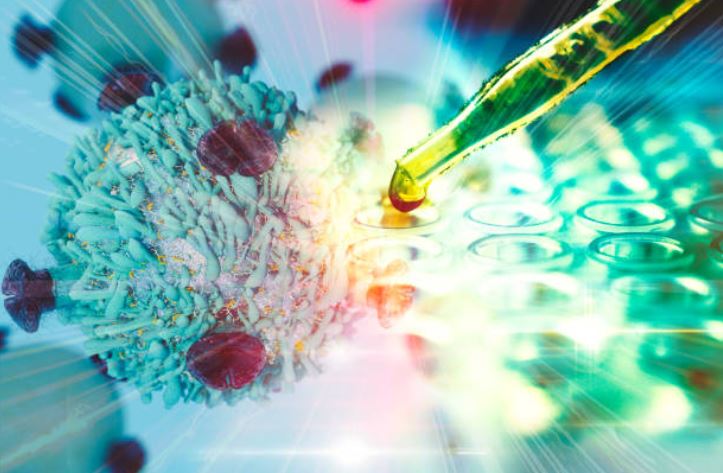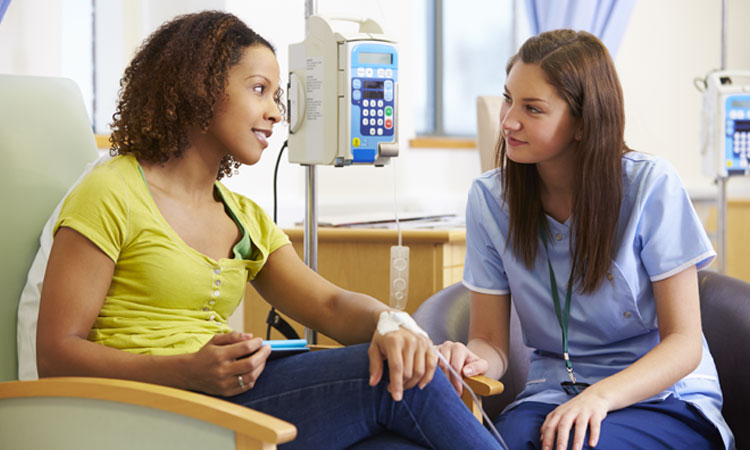When you hear that your cancer treatment will include chemotherapy, you may have many concerns and questions. Most people wonder about the side effects of chemotherapy. Your provider will review what you can expect from your chemo and what steps you can take to reduce potential side effects.
What is Chemotherapy for Cancer Treatment?
Chemotherapy treats cancer using powerful chemicals that target cancer cells. Chemotherapy drugs work by targeting and interrupting different parts of the cell cycle. They affect the cell’s ability to make copies of itself, so they target rapidly dividing cells like cancer. However, they also affect healthy cells elsewhere in your body, depending on the type of chemotherapy.




